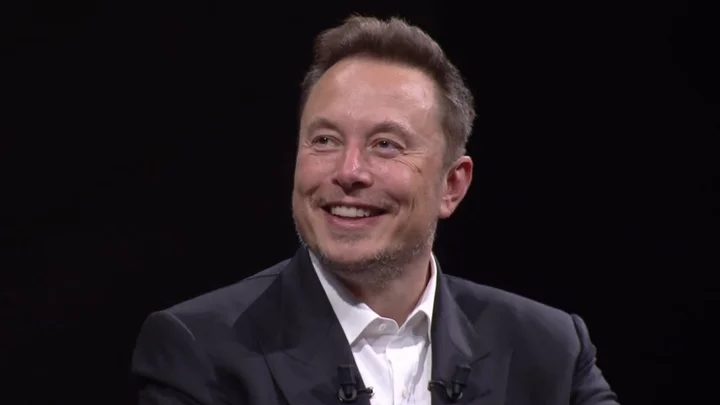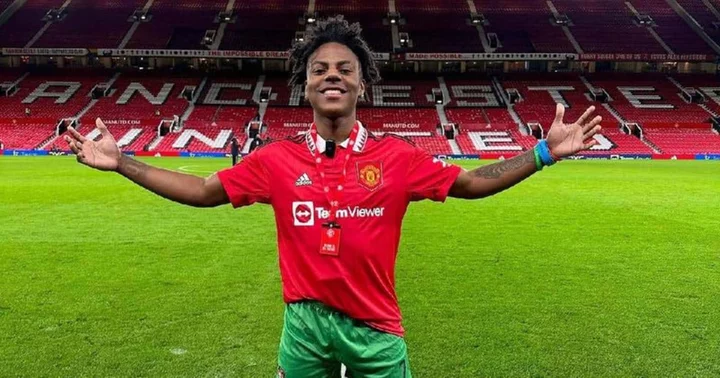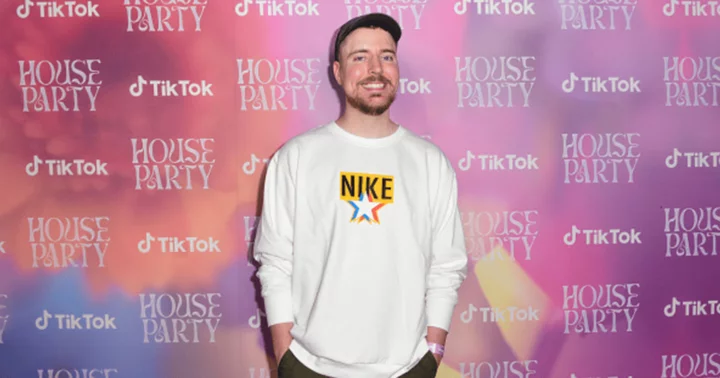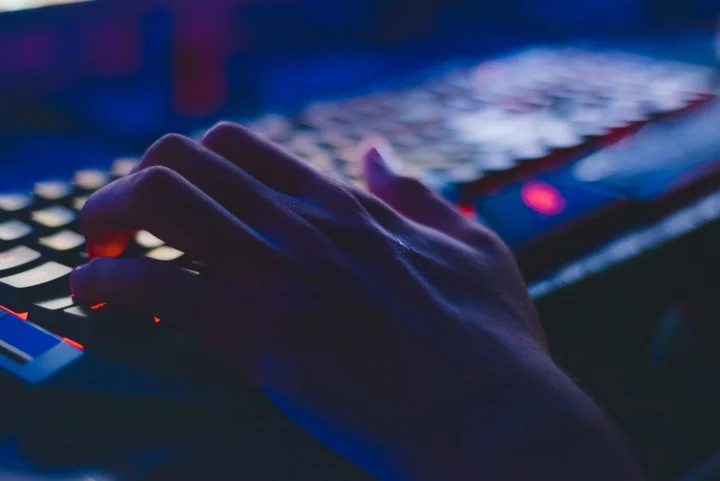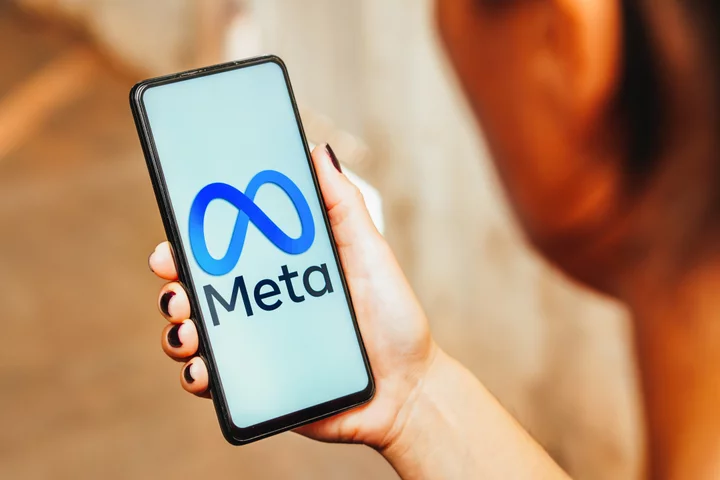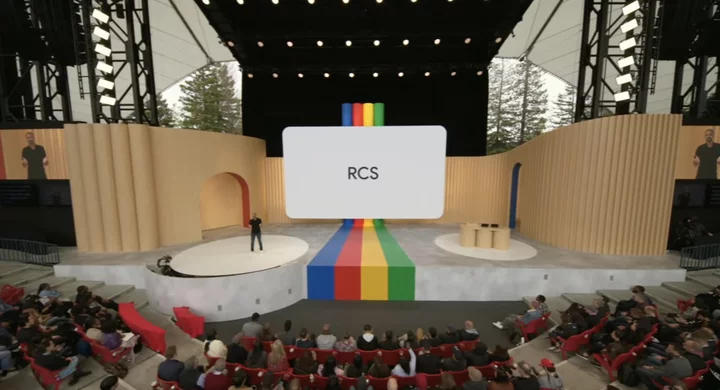Elon Musk today called for AI regulation to minimize the risk of a "potentially catastrophic outcome," but the Tesla and SpaceX CEO was light on details
During a live Twitter Spaces event at the Viva Technology conference, Musk dodged questions about specific AI regulations he'd want lawmakers to pursue, and instead focused on AI's importance to his businesses, such as Tesla self-driving technology. The Autopilot system relies on AI, and Musk has said that Tesla's valuation is "basically zero" if it does not succeed.
“We could have a potentially catastrophic outcome," Musk said. "The most likely outcome [for AI] is positive, but we need to minimize the possibility that something could go wrong with digital superintelligence. I’m in favor of AI regulation because...advanced AI is [a] risk to the public."
In response to an audience question about specific regulations he'd support, Musk said only that "there should be regulatory insight into LLMs," referring to large language models like ChatGPT.
The EU this week became the first major government body to advance comprehensive AI legislation when the European Parliament passed the AI Act, which outlines a regulatory process for vetting and monitoring AI systems that could endanger the public (like Autopilot, potentially) and infringe on personal freedoms and privacy. It's just a first step, though, and here in the US, a divided Congress means any meaningful action is unlikely.
Musk today argued that "AI is probably the most disruptive technology ever," and quipped that he'd want to be alive to witness "some AI apocalypse...but hopefully not cause it."
Earlier this year, Musk urged a slowdown on AI advances. He and Steve Wozniak, alongside other prominent politicians and writers, co-signed a letter calling for a six-month pause on the development of AI like ChatGPT to learn about how they work and determine their potential risks. A month later, however, Musk said he was building his own ChatGPT rival, dubbed TruthGPT, which will be designed to counter the “political correctness” from other chatbot programs.
"I didn't think anyone would agree to the pause," Musk said today. "But for the record, I think we should pause."
Last month, OpenAI CEO Sam Altman appeared before Congress and also called for AI regulation. As The New York Times reports, one idea he supported is creating an agency that would issue licenses to organizations creating AI models and make them pass certain tests before releasing new models to the public.
Microsoft President Brad Smith backs a similar idea. Last month, tthe company released a 41-page report about reining in AI, which calls for the US and other countries to establish their own government agencies dedicated to regulating AI.
Musk, meanwhile, also called out the inadequacy of current tech standards to limit AI systems' influence. Specifically, he said CAPTCHA puzzles, which aim to prevent bots from accessing web pages intended for humans, are useless in the AI age.
"It's very obvious that with today's AI, computers can pass every 'are you a human' test like identifying a traffic light," Musk said. "Open-source AI stuff can pass all of the human tests, so you need something that has better authentication than that."

